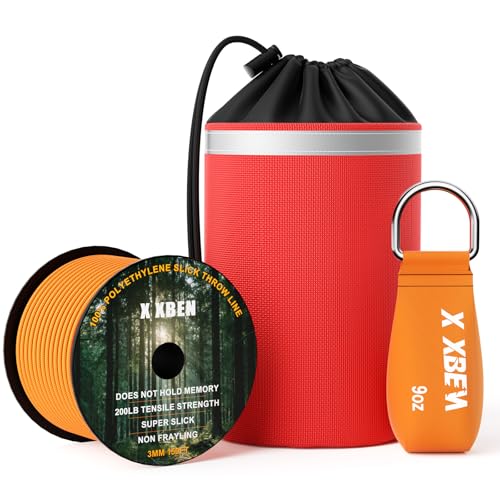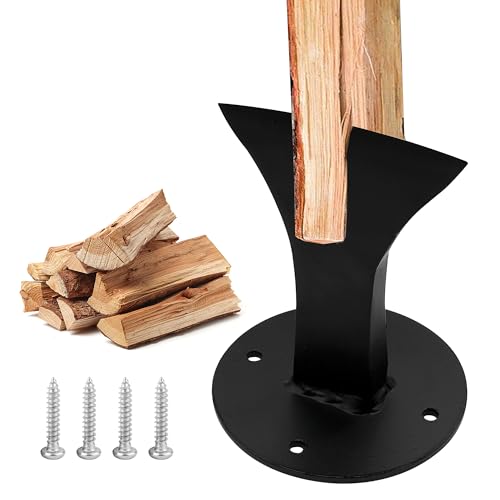Acquired this saw through a trade and will be used for bucking large oak mostly...I realize it's a bit large and heavy for this application, but it's what I have.
How aggressive can I go on my rakers? 30, 40, 50thou?
Read about 6° raker "progressive depth gauges" & FOP (Carlton File-O-Plate).
Old threads by BobL & Philbert
.. Are FOP really progressive depth raker generators?
If you don't find I'll lookup links.
Below is a very helpful recommendation. Easiest solution.
Sierra99 (AS, 2010) -- An old but good thread. It turns out that if you divide the gullet length by 10, you get the required raker depth to produce a 5.7 degree angle.
For example, a new chain with 0.25" gullet, divide by 10 you get a raker depth of 0.025", the "standard", that yields a good 5.7 degree angle.
If the gullet is 0.40" long, dividing by 10 gives you a raker depth of 0.040" (for the same 5.7 degree angle).
Try these links
https://www.arboristsite.com/threads/are-fop-really-progressive-depth-raker-generators.114624/
https://www.arboristsite.com/threads/raker-checking.69081/
https://www.arboristsite.com/threads/stihl-progressive-depth-gauge-tool.336757/
Edit... more.
Didn't answer your question. Right. Ms880 will pull huge. Just that at some point is dangerous & may damage bar rails or chain.
Read what Philbert references in old post. Good info on chain cutting action & wear effects.
Google -- Carlton Safety & Maintenance Manual.PDF
[CarltonSafetyMaintManual_EN.pdf / English download]
Okay, so no one biting. I'll just add angle targets are simply trigonometry (math).
1 in 10, divide by 10 is 5 71°, so, double that 1 in 5, divide by 5 is 11.31°. BobL made mention of milling certain species at 10° high angle. Recall saying the kerf wave (cutter separating from rail could be read in the wood).
So if 10° is a practical limit, multiply by 0.1763 [as = Tan(10°)].
.. new 0.250 gullet, 0.044" height gauge
.. worn 0.400 gullet, 0.070" height gauge.
Angle determination is independent of chain size. Only rise/run across gullet opening but chain style & wood species will respond uniquely. Good luck. This is the mathematical view not experience. Suggests starting at .040" not grossly extreme, about 10°. Then, can file & restore back to higher gauge height based on feedback.























































